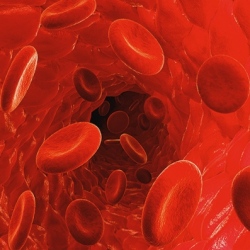
Mice injected with inactivated induced pluripotent stem cells (iPSCs) display significant immune system responses to a variety of cancers. If the study can be replicated in humans this could pave the way for personalized cancer treatment that essentially vaccinates patients against many types of tumors.
Induced pluripotent stem cells are stem cells that can be harvested from adult subjects, often just from skin or blood samples, and then genetically treated to revert into a pluripotent stage, meaning they can grow into any type of cell in the human body. The first big revelation in the new research came when the Stanford team discovered that iPSCs are superficially very similar to tumor cells, suggesting a potential use in helping “train” the immune system to better target cancers.
Testing the theory, researchers administered a group of mice the potential cancer vaccine – genetically matched, inactivated iPSCs in combination with a generic immune-stimulating agent known as an adjuvant. After four weekly injections of the vaccine, the mice were implanted with mouse breast cancer cells.
In the control groups the cancer grew and developed, but in 70 percent of the vaccinated mice the tumors reduced in size significantly, while cancer cells were completely eliminated in two mice, which went on to live for over one year following the experiment. The results were subsequently replicated using skin cancer and lung cancer cell lines.
“This approach is particularly powerful because it allows us to expose the immune system to many different cancer-specific epitopes simultaneously,” explains lead author Nigel Kooreman. “Once activated, the immune system is on alert to target cancers as they develop throughout the body.”
